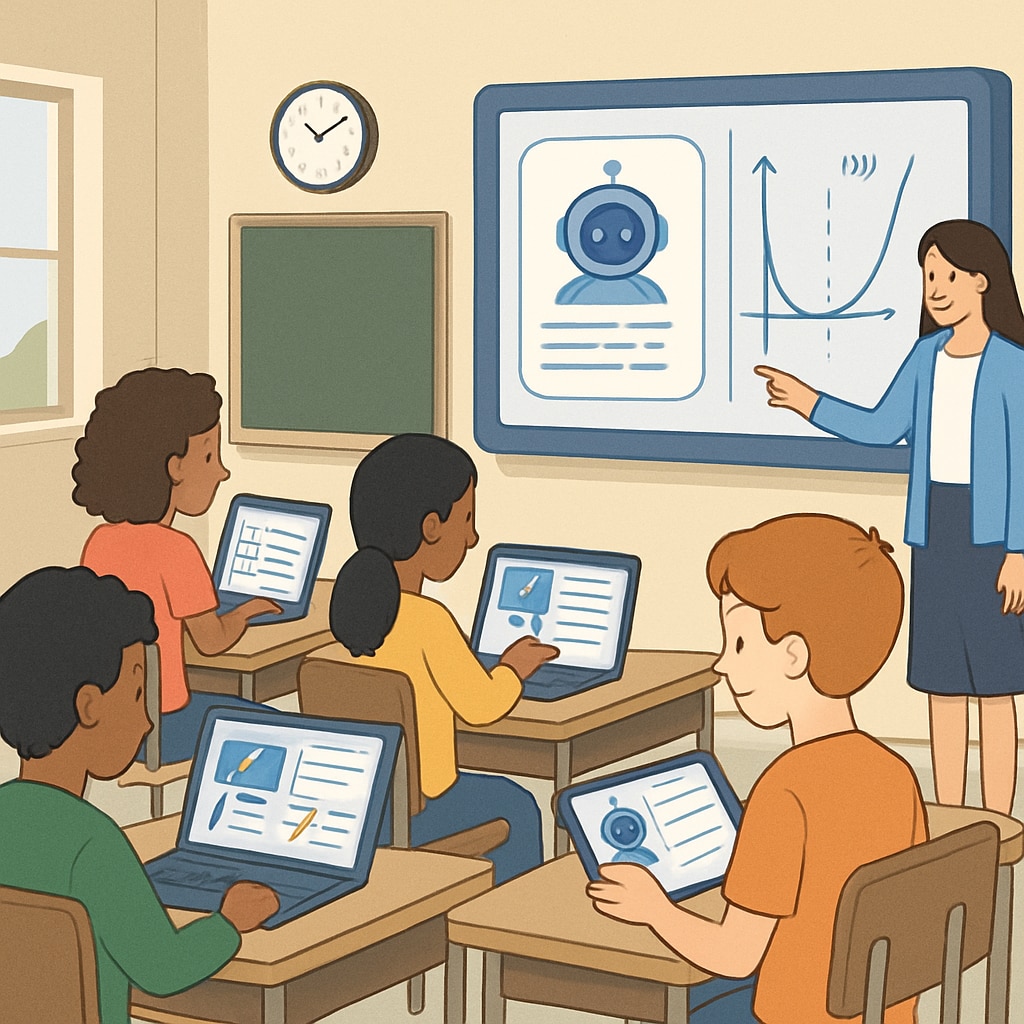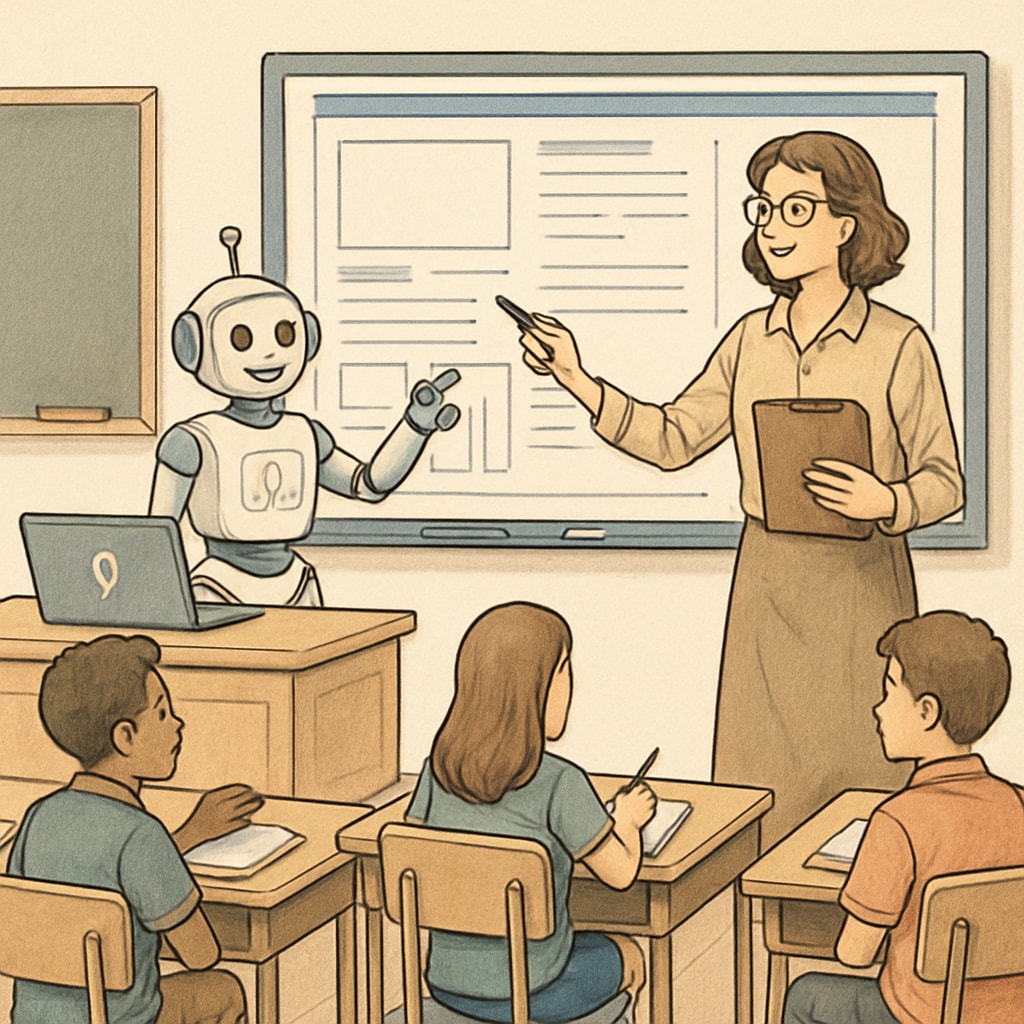Artificial intelligence (AI) is rapidly transforming the landscape of education, bringing about profound changes in how students learn and teachers teach. As technology advances, its integration into K12 education systems is revolutionizing personalized learning pathways, redefining the role of educators, and introducing innovative methods of evaluation. These transformations hold immense potential but also pose significant challenges that need to be addressed.
Personalized Learning: Tailoring Education for Every Student
One of the most promising impacts of AI in education is the ability to deliver personalized learning experiences. AI-powered platforms can analyze individual student data, such as learning patterns, preferences, and progress, to create customized lesson plans. For example, adaptive learning systems can adjust the difficulty level of exercises based on a student’s performance, ensuring they remain engaged while continuously improving.
Additionally, AI tools can identify gaps in a student’s understanding and provide targeted recommendations, enabling educators to focus their efforts more effectively. This form of tailored education not only improves academic outcomes but also fosters a sense of ownership and motivation in students.

The Evolving Role of Teachers
AI is not designed to replace teachers but to empower them in their roles. By automating routine tasks, such as grading assignments and tracking attendance, teachers have more time to focus on creative and interpersonal aspects of teaching. AI serves as a valuable assistant, offering insights into student performance and suggesting actionable strategies to enhance learning outcomes.
Furthermore, educators can use AI-driven tools to create interactive and engaging content, such as virtual reality simulations or gamified lessons. This shift allows teachers to act as facilitators of learning rather than mere providers of information, cultivating critical thinking and problem-solving skills in students.

Innovative Assessment Models
Traditional assessment methods often fail to capture the full scope of a student’s abilities. AI introduces new ways to evaluate learning by analyzing patterns and behaviors rather than relying solely on standardized tests. For instance, AI can assess problem-solving skills and creativity through real-time interactions in virtual environments.
Moreover, AI can provide instant feedback on assignments, helping students identify mistakes and improve in real-time. These dynamic assessment models offer a more comprehensive understanding of a student’s capabilities and potential.
Opportunities and Challenges Ahead
While the integration of AI into K12 education systems offers numerous benefits, it also presents challenges. Ensuring equitable access to AI tools is critical, as disparities in technology availability could widen the education gap. Privacy and data security are other significant concerns, as AI systems require substantial personal data to function effectively.
In addition, educators must receive adequate training to use AI technologies effectively. Without proper implementation, the potential of AI to transform education may remain unrealized.
As a result, policymakers, educators, and technology developers must collaborate to address these challenges while maximizing the benefits AI can bring to education.
Readability guidance: This article uses concise paragraphs, logical flow, and active voice to ensure clarity and engagement. Lists and examples are incorporated to highlight key points effectively.


